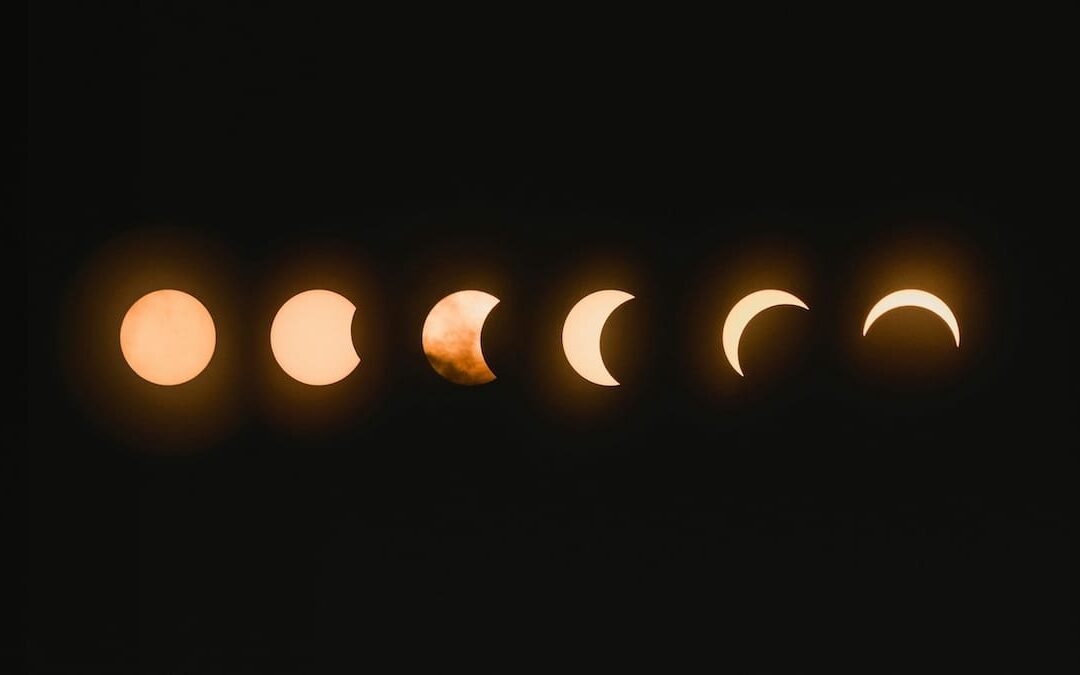Why Was the Rainbow Bridge Invented?
I published a column in the Pennsylvania Capital-Star last week about the death of our beloved dog and the well-wishes we received that invoked the Rainbow Bridge.
I criticized the idea as a kind of juvenile secular nonsense. (I was not criticizing serious religious reflection on the nature of the after-life, though that was not clear to some).
But now I would like to consider why things like this happen. Why do we over-literalize that which is mysterious and perhaps indescribable?
I believe a kind of answer comes from the notion of “misplaced concreteness” authored by Alfred North Whitehead.
Whitehead thought that people tended to mistake abstract concepts for concrete reality. This often operates in terms of the after-life: think of comic strip depictions of death as a young boy.
In terms of heaven, Western thought on the matter really begins with the word of Jesus on the cross to the good thief in the Gospel of Luke: “Today you will be with me in Paradise.”
This is a fraught issue in Christian thought, since Christ is actually said in the Apostles’ Creed to descend into hell. But that is not my point here.
What do we understand by Paradise?
In the Gospels, the understanding of the afterlife could be embarrassingly carnal. Consider the challenge to Jesus brought by the Sadducees, who denied resurrection, on the matter of marriage after the resurrection in Mark and Matthew. They brought up the issue of levirate marriage—that is, a widow marrying the brother of her deceased husband. They suggested 7 brothers, all of whom a widow marries in turn, no children are born, and then they die. In the resurrection, they ask, whose wife will she be?
These questioners were not asking about property law. They meant, who can have sex with her? That is made clear in the English Standard Version translation of Matthew, which asks, “In the resurrection, therefore, of the seven, whose wife will she be? For they all had her.”
It would be like asking about sex in heaven. Or, on the last great day, who will own my house, since there were many previous owners?
Jesus disabuses them of the notion of sex in the after-life: “In the resurrection, people will neither marry nor be given in marriage. Instead, they will be like angels in heaven.” Jesus knew better than to engage in the fallacy of misplaced concreteness.
But then what makes heaven, or the resurrection, paradise? I don’t know any better than the Jewish thinker Martin Buber, who once said that he was not interested in the after-life because whatever existence that might be could be nothing like life on Earth. And whatever return to God there might be could not involve a being like himself.
Actually St. Paul gave us our best description of the mystery of any existence after death in 1 Corinthians 13: “But when that which is perfect is come, then that which is in part shall be done away.
When I was a child, I spoke as a child, I understood as a child, I thought as a child: but when I became a man, I put away childish things.
For now we see through a glass, darkly; but then face to face: now I know in part; but then shall I know even as also I am known.”
Exactly what that means I don’t know and neither did Paul. But it clearly does not mean I am playing golf in heaven, or dating—or meeting Maxine there.






0 Comments